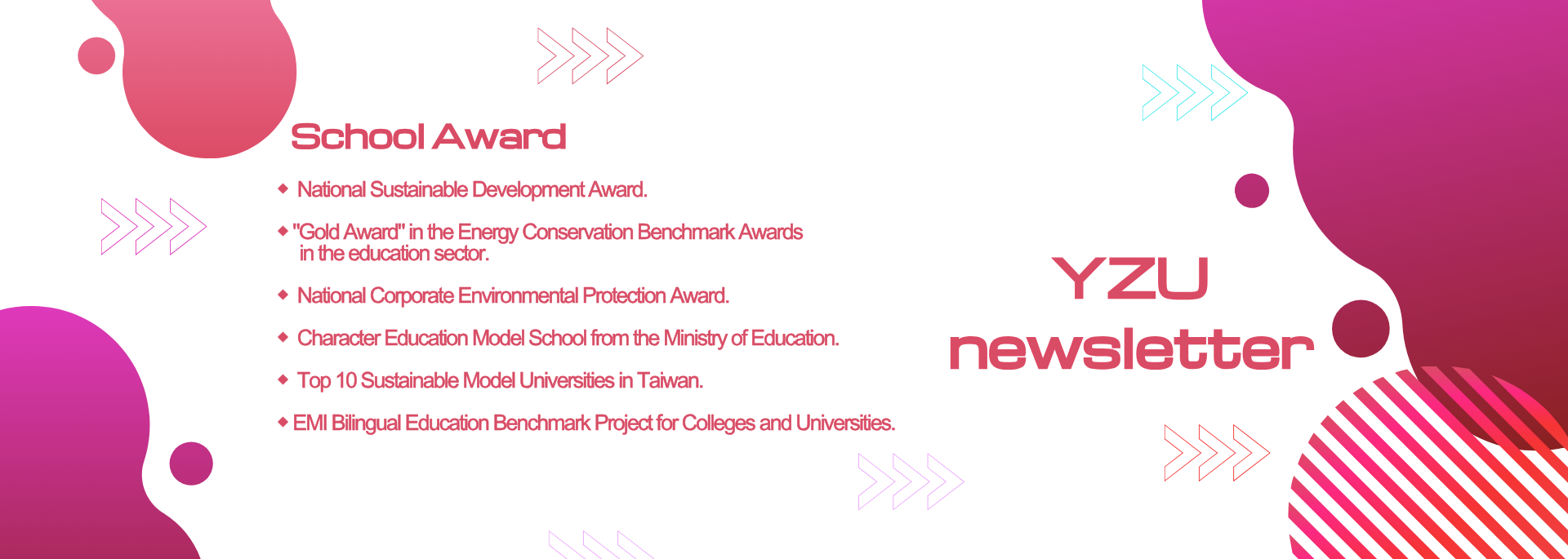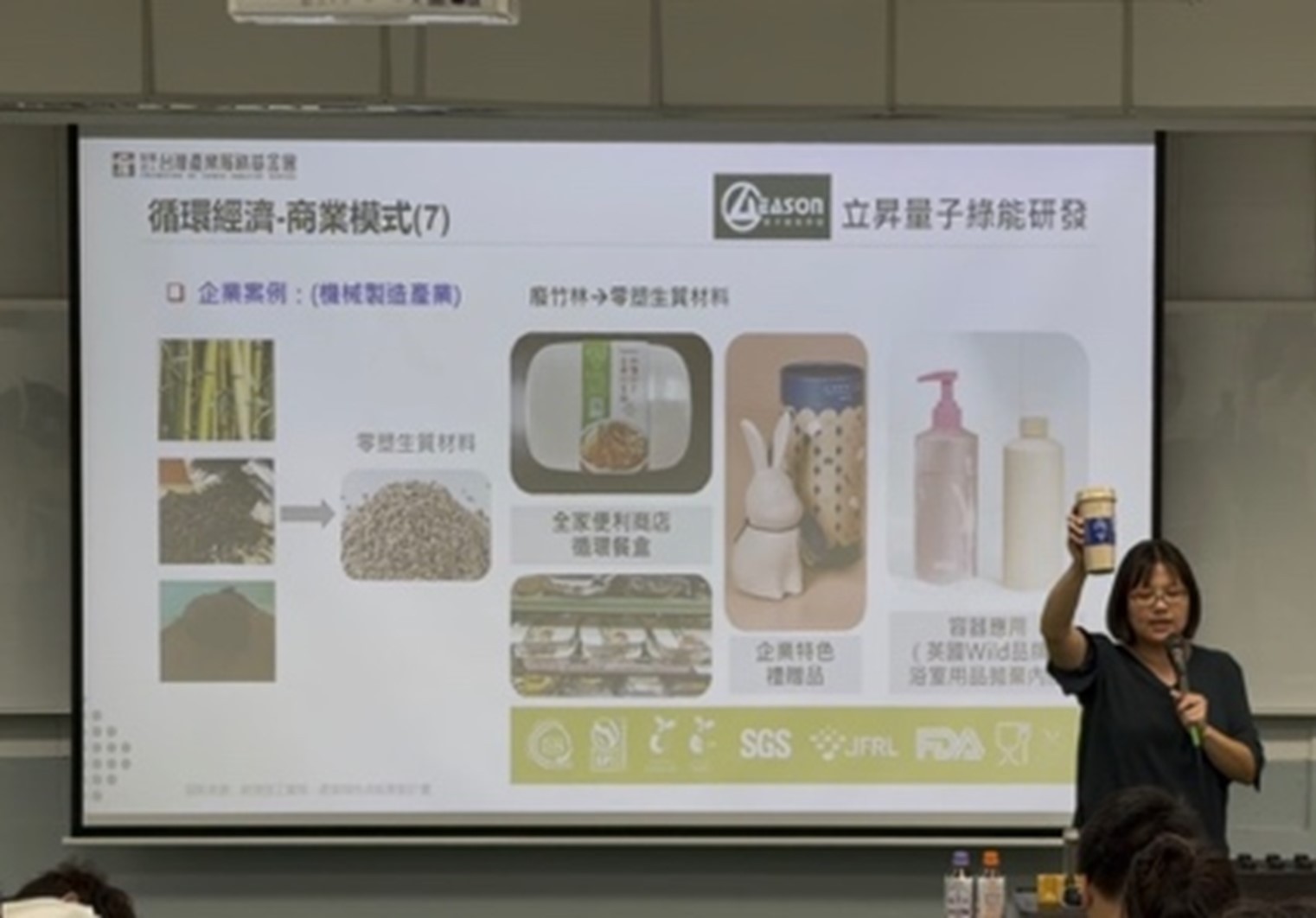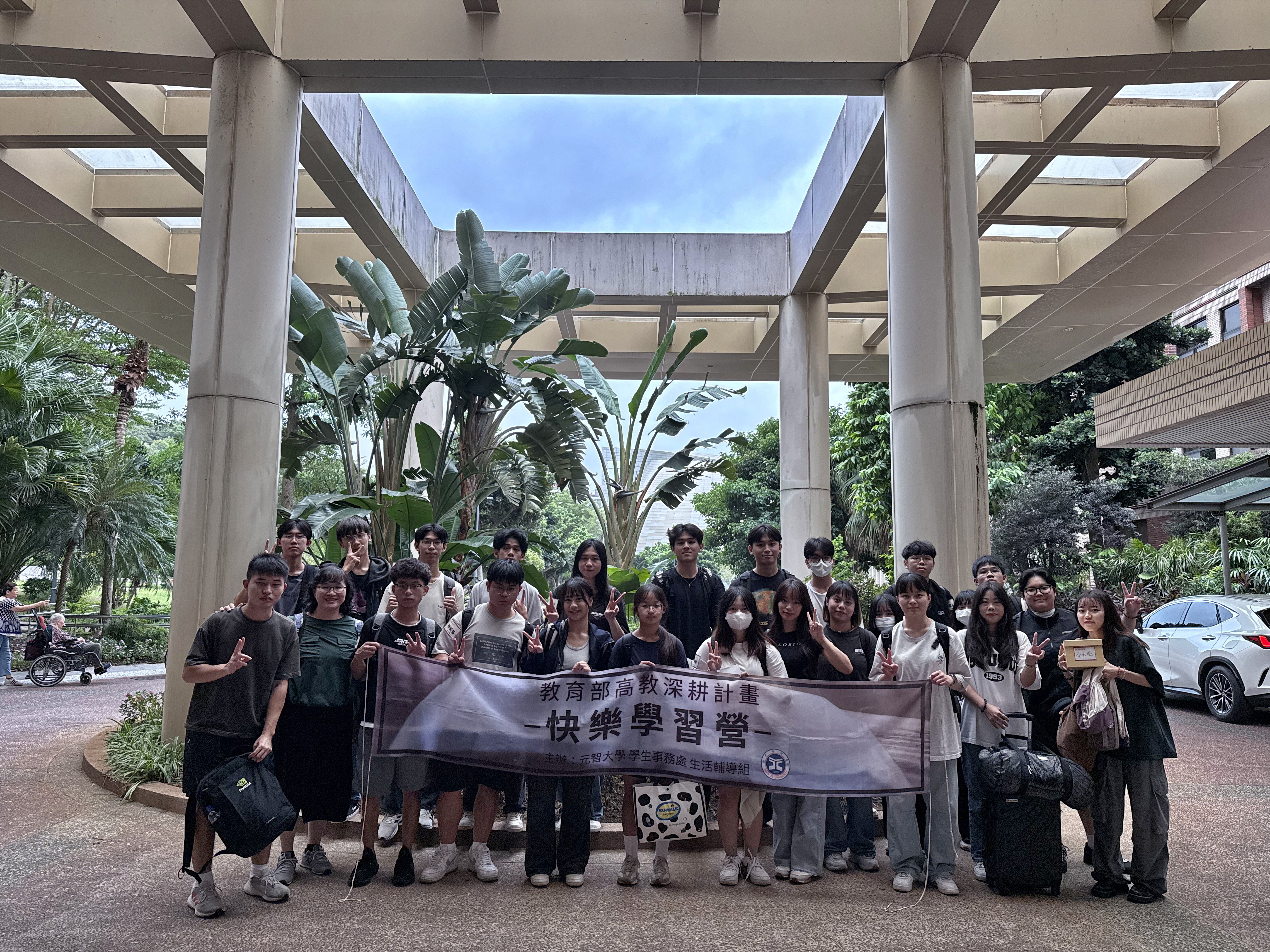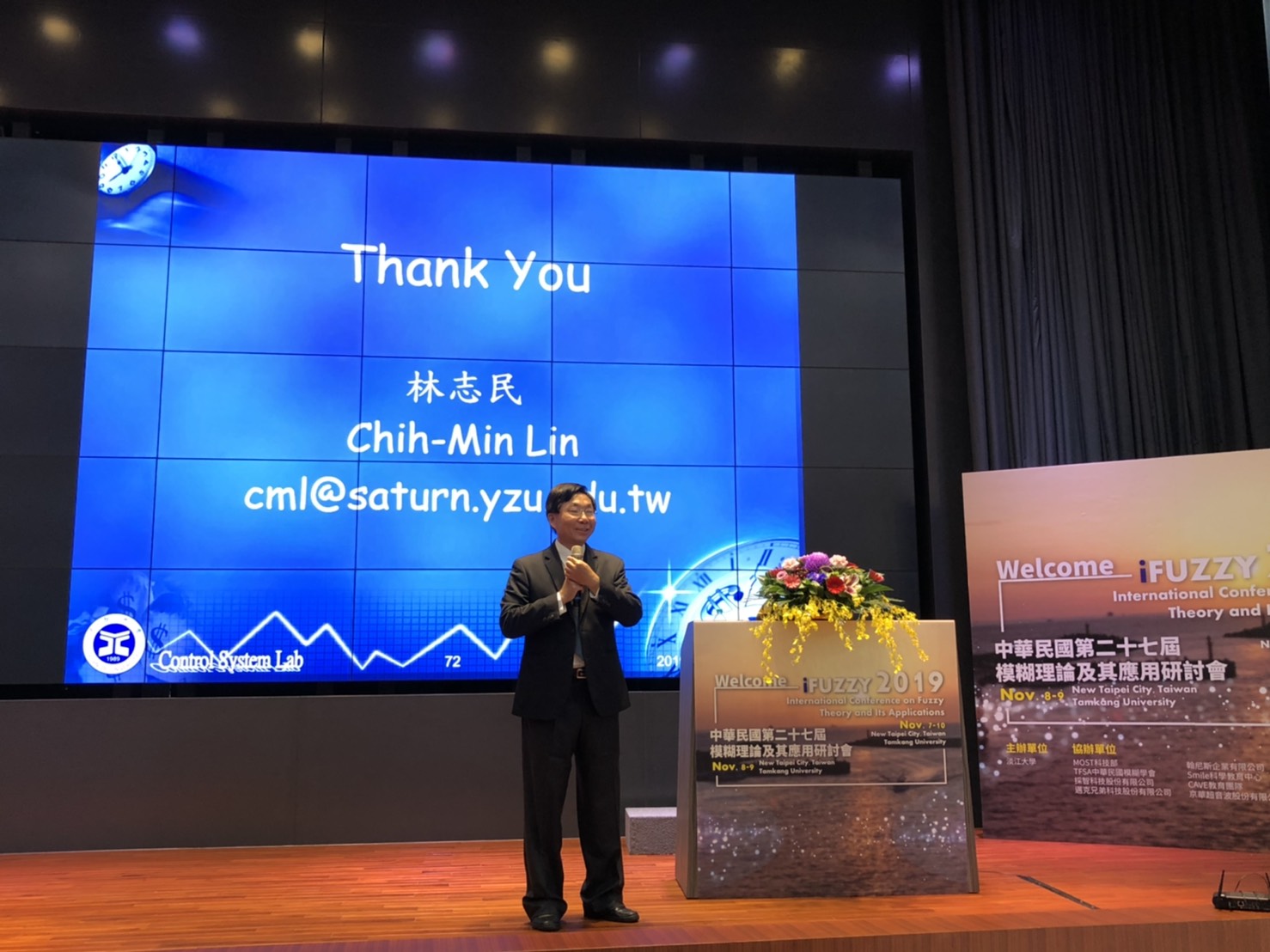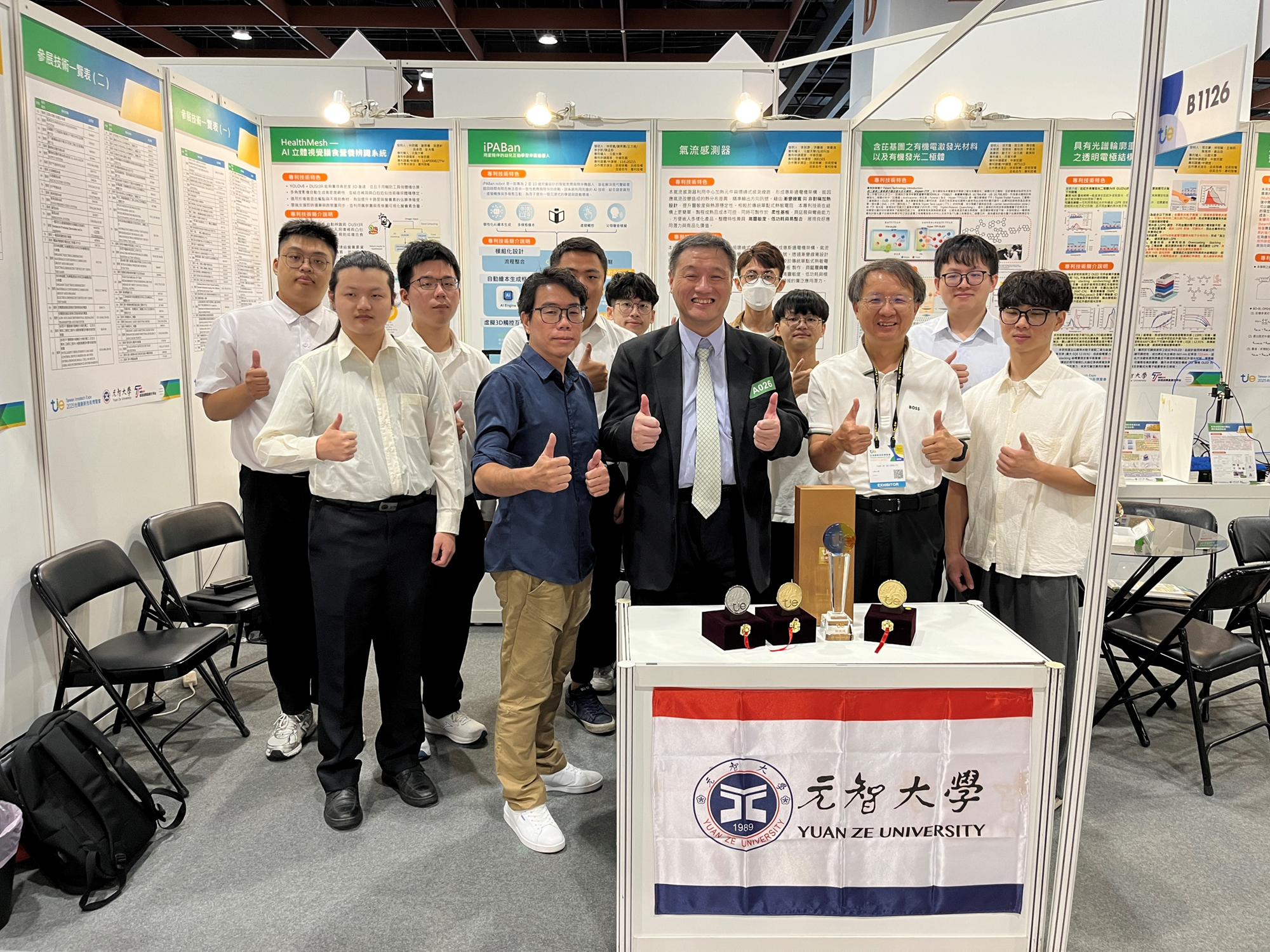In response to the global trend toward net-zero emissions, the Department of Chemical Engineering and Materials Science at Yuan Ze University held an industry lecture titled “Circular Sustainability × Net-Zero Opportunities” on October 13.
The event featured Li-Ning Huang, Senior Researcher at the Taiwan Industry Service Foundation, who shared insights on the critical role of the circular economy in corporate transformation and presented several successful case studies. The lecture attracted more than a hundred enthusiastic students, reflecting the younger generation’s strong interest in sustainability issues.
Researcher Huang pointed out that the circular economy had become an essential strategy for businesses striving toward net-zero goals. Its core lies in “keeping resources in continuous circulation and extending product life cycles.” By adopting innovative business models and design thinking, companies can reduce waste and carbon emissions, achieving both economic and environmental benefits. Huang cited several international and domestic examples — including Apple’s use of 100% recycled metals, IKEA’s furniture rental and buy-back programs, and TSMC’s chemical leasing model — all of which demonstrated how corporations could enhance sustainability and competitiveness through circular thinking.
He further analyzed that industries in Taiwan — such as manufacturing, textiles, food, and electronics — had been gradually incorporating circular models. For example, the footwear industry had established closed-loop recycling systems; the food industry had converted fermentation by-products into animal feed; and the textile industry had promoted recycled fabrics from used clothing. These innovations not only reduced carbon emissions but also created new market opportunities. According to the World Economic Forum, the global circular economy was projected to generate up to US$4.5 trillion in economic value by 2030, becoming a new engine for green growth.
During the lecture, Huang called on both corporations and young students to take part in sustainable actions through what he described as “one circular mindset.” He emphasized that the circular economy was not merely an environmental measure but also a key driver of corporate resilience and industrial upgrading. Future professionals in chemistry and materials science, he said, should be well-versed in Life Cycle Assessment (LCA), carbon footprint analysis, and resource reutilization technologies, and should integrate AI and smart manufacturing to develop low-carbon, high-value innovations.
In the Q&A session, students actively engaged in discussions about net-zero practices and career directions, creating a lively atmosphere. Huang encouraged them, saying, “Sustainability is not a cost, but a source of future competitiveness.” Through circular thinking, the younger generation could become the driving force behind green transformation. The lecture not only deepened students’ understanding of industrial sustainability but also reflected Yuan Ze University’s ongoing commitment — under the Higher Education Sprout Project — to connecting industry, education, and sustainable development in meaningful ways.
 English
English  正體中文
正體中文 